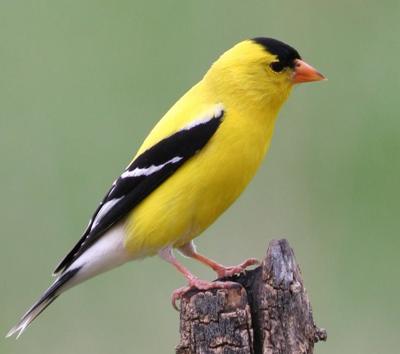I've been gardening recently. At my age, you'd think it would be something I'd be more familiar with, but life has kept me otherwise occupied until very recently. Now I am learning to garden for the first time. I find that I enjoy it. I'm not really that interested in the crop yield. I'm interested in the act of gardening itself. I am growing corn, tomatoes, peppers, and lots of sunflowers. Hostas and ferns as well. I've built a nice rain garden in the middle of my front yard, with an underground pipe feeding rainwater from my roof out to it. I've got a long way to go, but I'm learning as I go and the work is very forgiving of rookie mistakes.
As I've grubbed around in the dirt, I've started to notice some things. Some of them inform my martial arts. Some of them are just observations that come to mind while I'm tending my plants that I think have application to my karate.
Here's a few...for what it may be worth.
Time is not your enemy.
Patience is rewarded, but effort is required.
Relaxation is key to maximum effect.
Proper tools make work easier.
Even the best tools rust when they're not used often, and they break when they are used incorrectly.
Weeds grow in untended places. Quickly.
Every plant is different and has its own needs. It will show you what they are if you pay attention.
Renewal is eternal.
Some plants are pretty, some are good to eat, some are invasive, some are poisonous, but all serve a purpose. If a plant serves a purpose you want, use it.
If you don't care for a plant, remove it.
Too much of any one thing makes for a dull garden.
Cycles and circular motions are present in all living things.
The best tools are kept sharp through constant use.
Find the tools that work best for you and discard the ones that don't.
You see your garden best from ground level. Get low.
Plants thrive when cared for.
Old tools that work are better than new ones that don't.
Gardens don't complain if you stop tending them. They just stop being gardens.
Planning helps.
Look for the right approach for any given plant or layout of a garden. Think about what you want and what the plants naturally want to do.
It doesn't matter how nice a tool looks; it's what you can do with it that matters.
Working with plants is a lot easier than trying to force them to do what you want them to do.
If you don't enjoy it, don't do it.
Everything needs water.
Protect your knees. You'll miss them when they're gone.
Feel free to add your own if you wish.
As I've grubbed around in the dirt, I've started to notice some things. Some of them inform my martial arts. Some of them are just observations that come to mind while I'm tending my plants that I think have application to my karate.
Here's a few...for what it may be worth.
Time is not your enemy.
Patience is rewarded, but effort is required.
Relaxation is key to maximum effect.
Proper tools make work easier.
Even the best tools rust when they're not used often, and they break when they are used incorrectly.
Weeds grow in untended places. Quickly.
Every plant is different and has its own needs. It will show you what they are if you pay attention.
Renewal is eternal.
Some plants are pretty, some are good to eat, some are invasive, some are poisonous, but all serve a purpose. If a plant serves a purpose you want, use it.
If you don't care for a plant, remove it.
Too much of any one thing makes for a dull garden.
Cycles and circular motions are present in all living things.
The best tools are kept sharp through constant use.
Find the tools that work best for you and discard the ones that don't.
You see your garden best from ground level. Get low.
Plants thrive when cared for.
Old tools that work are better than new ones that don't.
Gardens don't complain if you stop tending them. They just stop being gardens.
Planning helps.
Look for the right approach for any given plant or layout of a garden. Think about what you want and what the plants naturally want to do.
It doesn't matter how nice a tool looks; it's what you can do with it that matters.
Working with plants is a lot easier than trying to force them to do what you want them to do.
If you don't enjoy it, don't do it.
Everything needs water.
Protect your knees. You'll miss them when they're gone.
Feel free to add your own if you wish.

